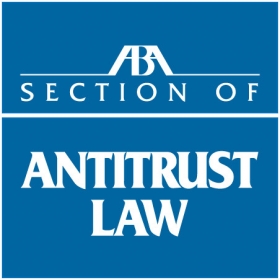The Federal Court of Appeal recently held that where an agreement to assign a patent increases the assignee's market power in excess of that inherent in the patent itself, the assignment may be subject to scrutiny under the Competition Act. This holding shouldn't have been really surprising, but the judge at the lower court thought that since the patent act provides that a patentee may assign the patent, such an assignment--even if results in a lessening of competition--can never be undue. He also rejected the argument that all that the patent act meant was to reiterate the principle that a property right may be assigned. In his view, if that was all that the patent act meant to say, that would be a redundancy because it was obvious that patents (like any other property) may be assigned.
So luckily the court of appeals reversed. It makes a lot of sense to hold that holders of substitute patents may not be allowed to combine them together and have a carte blanche to eliminate competition between themselves.

 Get the inside scoop on applying to our JD program directly from the Faculty of Law Admissions Office and hear from current law students.
Get the inside scoop on applying to our JD program directly from the Faculty of Law Admissions Office and hear from current law students.  The Varsity last Monday published a story with the headline "
The Varsity last Monday published a story with the headline "
